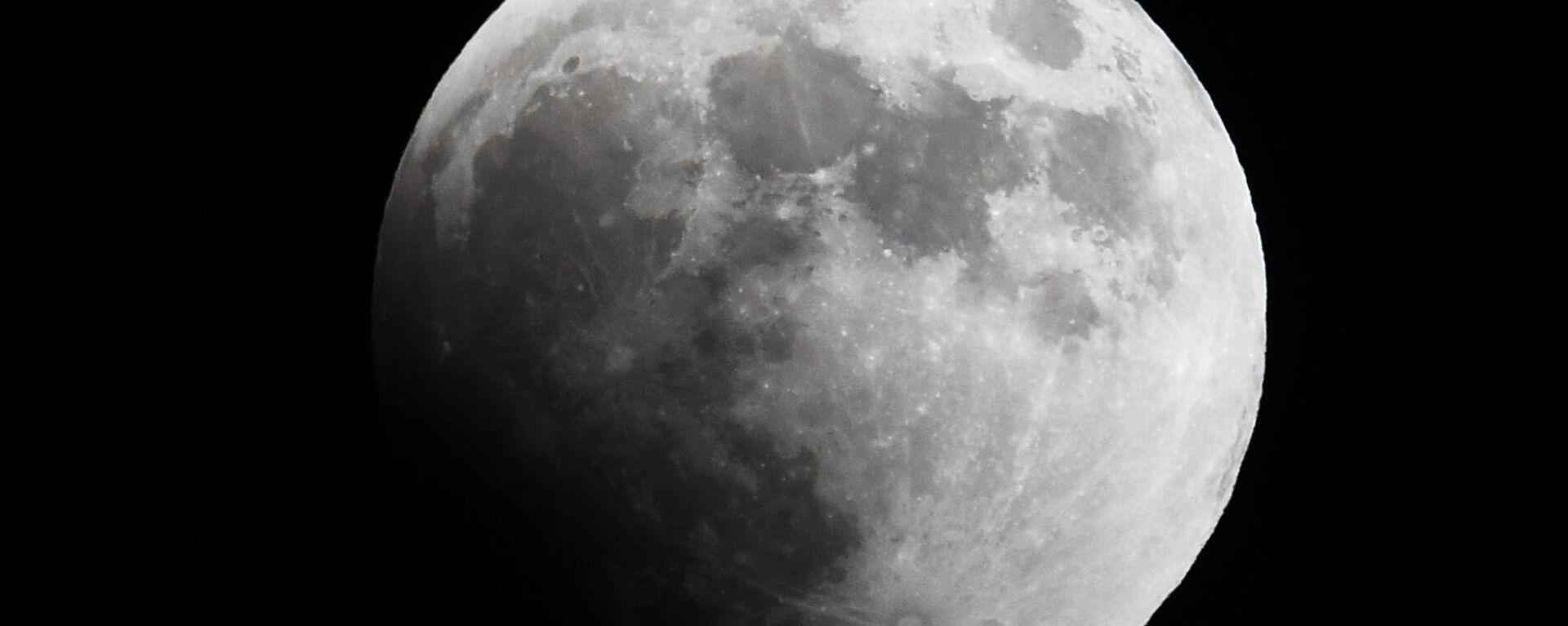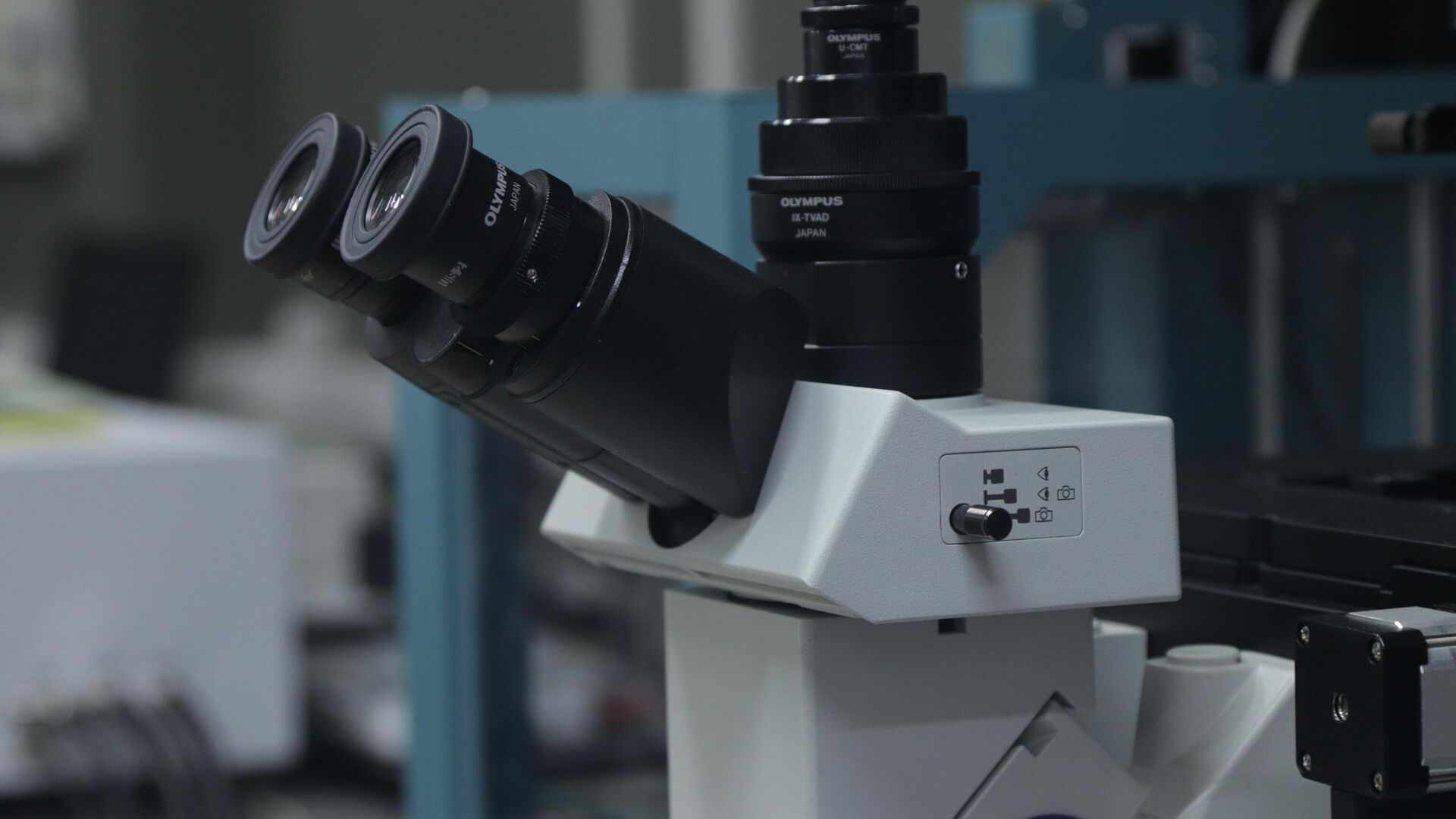https://sputnikglobe.com/20240826/russian-scientists-studied-how-stress-hormone-affects-sleep-1119912541.html
Russian Scientists Studied How Stress Hormone Affects Sleep
Russian Scientists Studied How Stress Hormone Affects Sleep
Sputnik International
Russia’s Saratov State University (SSU) researchers have developed a mathematical model demonstrating how the rhythm of cortisol secretion affects the regulation of sleep and wakefulness.
2024-08-26T09:58+0000
2024-08-26T09:58+0000
2024-08-26T09:58+0000
russia
russia
samara
saratov state university
scientific study
scientific research
scientists
https://cdn1.img.sputnikglobe.com/img/07e6/0b/0a/1103975373_0:160:3073:1888_1920x0_80_0_0_2a3cdddbb306bdec9d910eca6d3c2734.jpg
According to Samara scientists, the study opens up new perspectives for the development of effective methods for treating insomnia and other sleep disorders. The article was published in the European Physical Journal Special Topics.The human body follows the pattern of an internal clock, known as circadian rhythms, which regulate sleep, wakefulness and many other physiological processes. Cortisol, a hormone under the action of which the body adapts to stress, is closely related to these rhythms and has a significant impact on human sleep.SSU scientists have analyzed how the switching processes between sleep and wakefulness correlates to the dynamics of cortisol secretion using mathematical modeling.The model showed that under certain conditions increased activity of the cortisol system could lead to a disruption in the synchronization of the body's internal clock and cause spontaneous internal desynchronization. This condition is characterized by sleep disturbances, fatigue, appetite changes and other symptoms.The researchers also showed that the body has the ability to compensate for sleep disturbances. With small deviations from normal sleep patterns, the body is able to restore the disturbed rhythm in a few days. However, with prolonged or significant disturbances, this ability can be impaired, the study said.SSU scientists also managed to demonstrate that circadian rhythms and hormonal regulation are closely intertwined and can both compensate and reinforce each other, ensuring the body's adaptation to changing environmental conditions.Notably, the basic models on which the researchers relied to create the unified model were repeatedly and thoroughly tested on the basis of experimental data corresponding to a “typical healthy person”.Experts believe that the findings open new perspectives for the development of effective treatments for insomnia and other disorders.The university reported that, when working with the model, computer calculations were carried out in the free software environment GNU Octave. At this stage, the scientists have the task of studying the effect of cortisol on sleep, taking into account one’s eating patterns.The work was supported by grant No. 22-15-00143 of the Russian National Foundation. The research is in line with the strategic projects of SGU within the framework of Russia’s “Priority-2030” federal program, part of the “Science and Universities”national project.
https://sputnikglobe.com/20240819/russian-scientist-suggests-to-secure-moons-north-pole-during-luna-27-space-mission-1119820450.html
russia
samara
Sputnik International
feedback@sputniknews.com
+74956456601
MIA „Rossiya Segodnya“
2024
Sputnik International
feedback@sputniknews.com
+74956456601
MIA „Rossiya Segodnya“
News
en_EN
Sputnik International
feedback@sputniknews.com
+74956456601
MIA „Rossiya Segodnya“
Sputnik International
feedback@sputniknews.com
+74956456601
MIA „Rossiya Segodnya“
russia’s saratov state university, researchers have developed, regulation of sleep
russia’s saratov state university, researchers have developed, regulation of sleep
Russian Scientists Studied How Stress Hormone Affects Sleep
Russia’s Saratov State University (SSU) researchers have developed a mathematical model demonstrating how the rhythm of cortisol secretion affects the regulation of sleep and wakefulness.
According to Samara
scientists, the study opens up new perspectives for the development of effective methods for treating insomnia and other sleep disorders. The article was published in the
European Physical Journal Special Topics.
The human body follows the pattern of an internal clock, known as circadian rhythms, which regulate sleep, wakefulness and many other physiological processes. Cortisol, a hormone under the action of which the body adapts to stress, is closely related to these rhythms and has a significant impact on human sleep.
SSU scientists have analyzed how the switching processes between sleep and wakefulness correlates to the dynamics of cortisol secretion using mathematical modeling.
The model showed that under certain conditions increased activity of the cortisol system could lead to a disruption in the synchronization of the body's internal clock and cause spontaneous internal desynchronization. This condition is characterized by sleep disturbances, fatigue, appetite changes and other symptoms.
The researchers also showed that the body has the ability to compensate for sleep disturbances. With small deviations from normal sleep patterns, the body is able to restore the disturbed rhythm in a few days. However, with prolonged or significant disturbances, this ability can be impaired, the study said.
“There is a significant range of parameters within which the contribution of the cortisol subsystem does not disrupt the normal sleep-wake transition. With a more significant contribution of cortisol, the sleep-wake process ‘breaks away’ from the circadian rhythm, causing spontaneous internal desynchronization,” SGU Department of Optics and Biophotonics graduate Ksenia Merkulova explained.
SSU scientists also managed to demonstrate that circadian rhythms and hormonal regulation are closely intertwined and can both compensate and reinforce each other, ensuring the body's adaptation to changing environmental conditions.

19 August 2024, 00:47 GMT
Notably, the basic models on which the researchers relied to create the unified model were repeatedly and thoroughly tested on the basis of experimental data corresponding to a “typical healthy person”.
Experts believe that the findings open new perspectives for the development of effective treatments for insomnia and other disorders.
“The influence of cortisol on the sleep-wake cycle is extremely relevant in the modern world: frequent stress, fast pace of life, night shifts at work and other reasons that influence the rhythm of cortisol secretion cannot but affect the quality of sleep,” Merkulova added.
The university reported that, when working with the model, computer calculations were carried out in the free software environment GNU Octave. At this stage, the scientists have the task of studying the effect of cortisol on sleep, taking into account one’s eating patterns.
The work was supported by grant No. 22-15-00143 of the Russian National Foundation. The research is in line with the strategic projects of SGU within the framework of Russia’s “Priority-2030” federal program, part of the “Science and Universities”national project.




